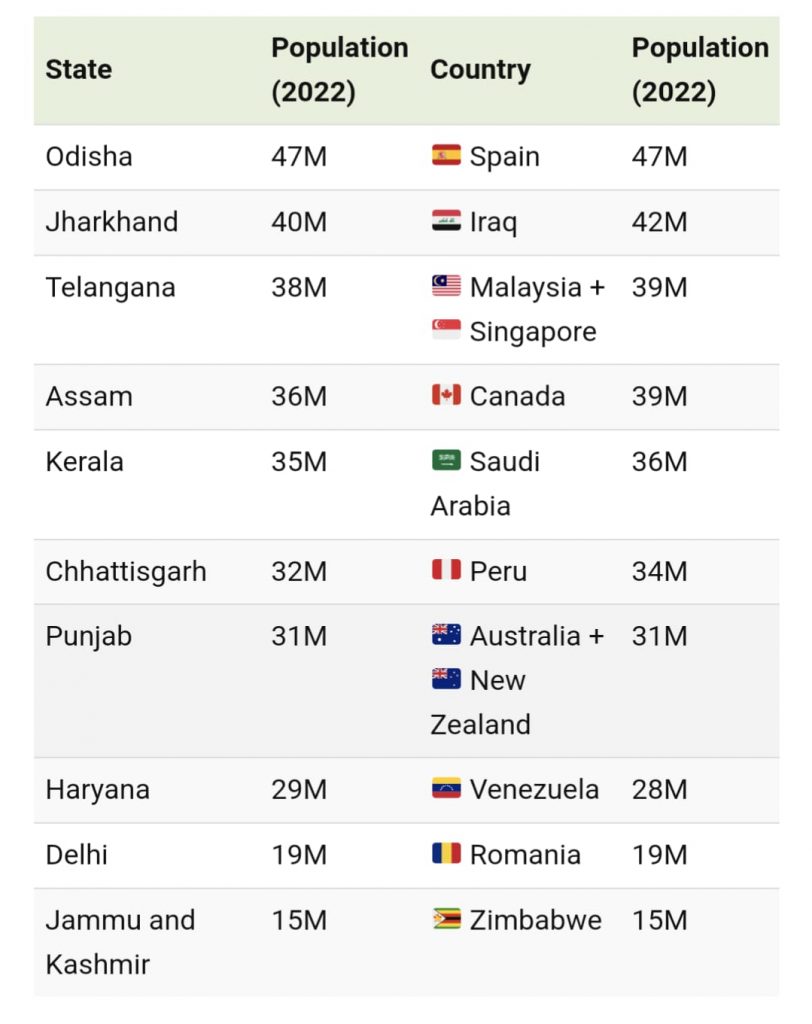Western media coverage of incidents in India often lacks context.

It is important to note that media coverage, including Western media, can be influenced by various factors such as editorial policies, geopolitical interests, cultural biases, and audience preferences. When reporting incidents in India, the Western media may not always provide context or compare the population ratio with European nations for several reasons:
News Value: Western media, like any other media, tends to prioritize stories that are perceived to have high news value, such as those that are deemed relevant, timely, and impactful. Population comparisons may not always be seen as newsworthy or relevant in every situation.
Geographical Proximity: European nations are geographically closer to Western countries compared to India. Therefore, incidents in Europe may be deemed more relevant to Western audiences, and hence, receive more coverage compared to incidents in India.
Cultural and Language Differences: Western media may face challenges in comprehensively covering incidents in India due to cultural and language differences. Understanding and reporting on incidents in a country with a diverse culture and multiple languages like India can be complex and may require significant resources and expertise.
Audience Preferences: Western media outlets often tailor their coverage to their target audience. European countries may be seen as more relatable to Western audiences due to cultural similarities, historical ties, and linguistic connections. As a result, news about Europe may be more appealing and receive more coverage compared to news about India.
Sensationalism and Bias: Media outlets, including Western media, may sometimes prioritize sensationalism or have inherent biases that influence their coverage. This can result in disproportionate coverage or neglect of certain incidents, including those in India or other non-Western countries.
However, it is essential to note that generalizing the behavior of all Western media may not be accurate, as media outlets can vary significantly in their coverage and editorial policies. It is always recommended to consume news from multiple sources, including diverse perspectives, to obtain a well-rounded understanding of any situation. Critical media literacy and fact-checking skills can also be valuable in interpreting and evaluating news coverage.
